Life
-
 Animals
AnimalsSome mama whales may whisper to keep calves safe from orcas
Even enormous whales can fear the threat that orcas pose to their babies. It now seems that some have taken to whispering to help their young stay off the killer whales’ radar.
-
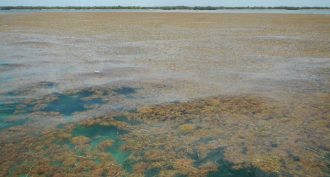 Earth
EarthRecord seaweed belt spanned from Africa to Gulf of Mexico
Blooms of Sargassum seaweed used to form at the mouth of the Amazon River each year. In 2011, they mushroomed in size to where they now span from South America across to Africa.
-
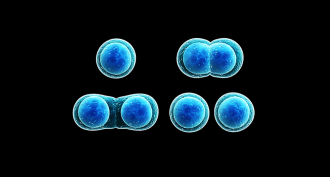 Life
LifeScientists Say: Mitosis
Mitosis is a type of cell division where one cell divides into two identical copies, called daughter cells.
-
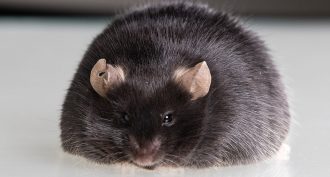 Brain
BrainHigh fat diet removes brain’s natural brake on overeating
At least in mice, high-fat diets promote overeating. And the problem appears to trace to changes that these foods make to cells in an appetite-control center within the brain.
-
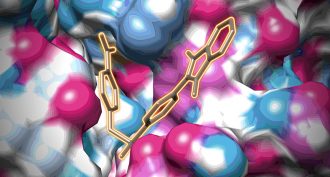 Microbes
MicrobesA surface crater in viruses may be key to keeping colds from spreading
A newly discovered pit on the surface of one family of viruses could help scientists fight the common cold and other infections.
-
 Health & Medicine
Health & MedicineA sixth finger can prove extra handy
Two people born with six fingers on each hand adeptly control their extra digits, using them to do tasks better than five-fingered hands.
-
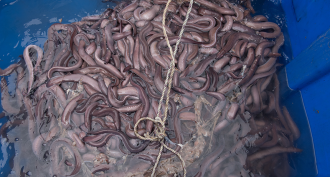 Animals
AnimalsScientists Say: Hagfish
Hagfish are eel-shaped fish with many traits that make them similar to long-vanished fossils. When threatened, they can pump out piles of slime.
-
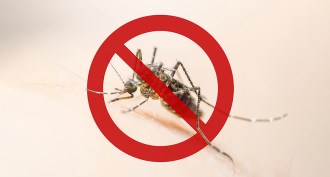 Health & Medicine
Health & MedicineA fungus plus a spider toxin equals a weapon to kill mosquitoes
A new weapon could help fight mosquitoes that spread malaria. It’s an engineered fungus that infects the insects — then kills them with a spider poison.
-
 Humans
HumansDNA reveals clues to the Siberian ancestors of the first Americans
Researchers discovered a previously unknown population of Ice Age people who crossed the Asia-North America land bridge.
By Bruce Bower -
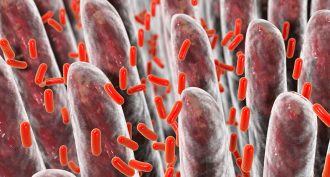 Microbes
MicrobesGut bacteria may affect how well your medicines work
Gut bacteria can chemically change the drugs people swallow. ID-ing a patient’s microbes might one day help doctors prescribe the most effective drugs.
-
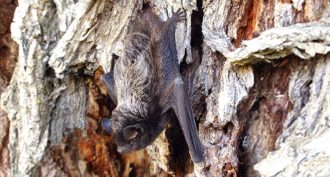 Health & Medicine
Health & MedicineBats are now the primary source of U.S. rabies deaths
Although human rabies is not common in the United States, it still occurs. But here dogs are no longer the likely source of this oft-lethal infection: Bats are.
-
 Earth
EarthAntibiotics pollute many of the world’s rivers
A survey of 165 rivers finds unsafe levels of antibiotics at one in six sites tested. Such pollution can leave germs resistant (unharmed) by the drugs.